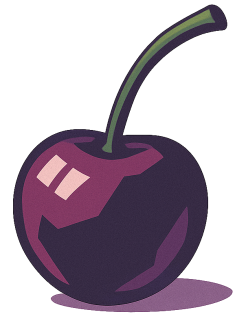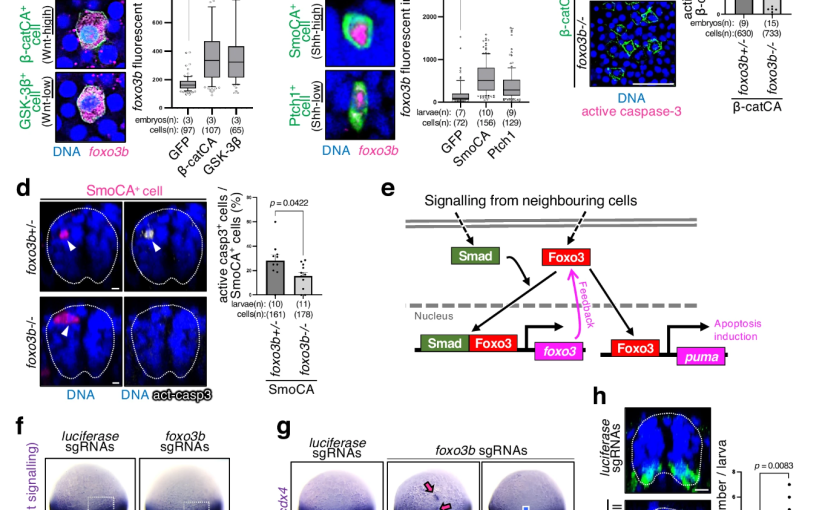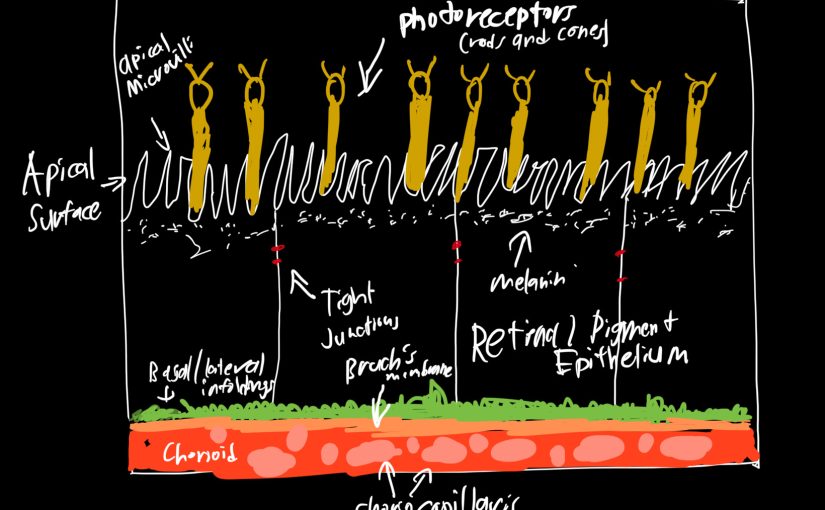This is a collection of works completed for the Cell Biology course (BIOL293) that I completed in Spring 2025. Through this course, I gained a strong foundational knowledge of cellular structure, function, and molecular processes. Throughout the course, we explored topics such as membrane transport, signal transduction, gene expression, and cell cycle regulation, but also interdisciplinary topics such as medical research and bioethical reasoning. The course emphasized critical evaluation of scientific literature, and the completed projects below highlight the connection of cellular mechanisms to real-world applications in the fields of healthcare and medical research.
Biology 293 – Cell Biology
End of Course Reflection
Prompt: Describe at least ONE thing IN DETAIL that you learned in this class that helped you make a connection to other coursework (especially in your desired field-of-interest/future profession within biology/biochemistry). Be specific; this should (hopefully) show you why Cell Biology is relevant to your studies and one way that it helped you grow as a student.
One thing that I learned that was particularly memorable was during a class discussion on Henrietta Lacks and the ethical debate surrounding HeLa cells. We debated whether the moral concerns surrounding Thermo-Fisher’s exploitation of a young, disadvantaged woman and subsequent monetization of her biological data and remains outweighed the incredible benefits that HeLa cells had on medical research and our understanding of cervical cancer. In my freshman year at ODU, I took an online Bioethics course. The class was a 3-hour-long Zoom lecture, and largely eschewed class debates and open discussion in favor of our professor reading off a PowerPoint and giving their views on various topics. This was disappointing to me because bioethical debates have always been a topic that I enjoy reading and learning about, and I had hoped that the class would be an opportunity to discuss such topics that are often ignored in traditional lecture-based science courses. That in-class discussion reminded me of what I wished the Bioethics course was, and helped me recalibrate my process for learning and analyzing to include consideration of the ethical implications of the decisions of past scientists, rather than just their discoveries.


